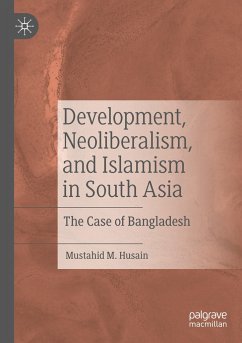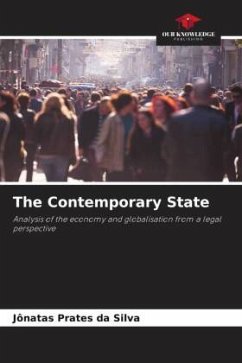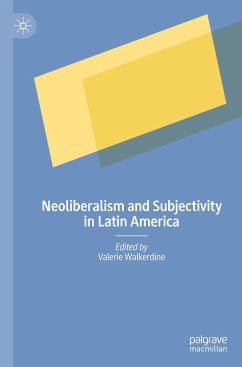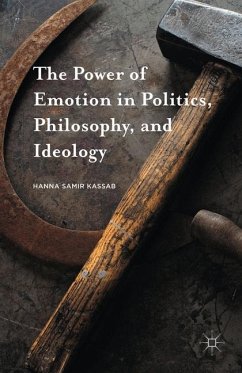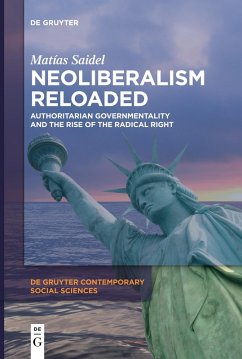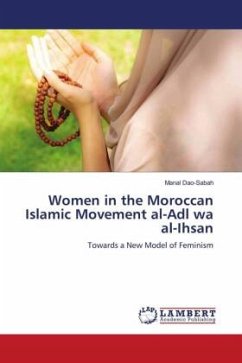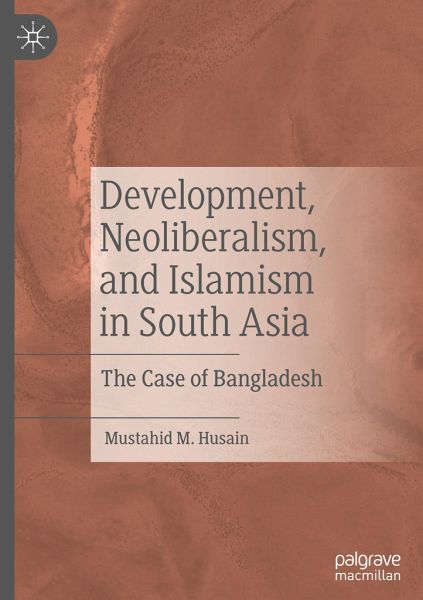
Development, Neoliberalism, and Islamism in South Asia
The Case of Bangladesh
Versandkostenfrei!
Versandfertig in 6-10 Tagen
113,99 €
inkl. MwSt.
Weitere Ausgaben:

PAYBACK Punkte
57 °P sammeln!
This monograph analyzes development through an examination of those class relations and how they are situated vis-à-vis the politics of development and economic globalization in Bangladesh, and how they shape aid delivery mechanisms and aid recipients' choices in participating in such program. One of the main findings is that development in Bangladesh relies on dual hegemony, which he articulates as an alliance between the new Bangladeshi political and economic elite and the Western international aid/development industry. He argues that dual hegemony functions in such a way that it erodes the...
This monograph analyzes development through an examination of those class relations and how they are situated vis-à-vis the politics of development and economic globalization in Bangladesh, and how they shape aid delivery mechanisms and aid recipients' choices in participating in such program. One of the main findings is that development in Bangladesh relies on dual hegemony, which he articulates as an alliance between the new Bangladeshi political and economic elite and the Western international aid/development industry. He argues that dual hegemony functions in such a way that it erodes the Bangladeshi middle-class and reinforces class and caste differences through the privatization of the public sector and greater fragmentation of civil society. This book is of interest to scholars of political Islam, international politics, and security studies, including terrorism and the politics of South Asia.



